
It’s time for a new age of accountability in the humanitarian sector, one that truly reflects the sector’s increased responsibilities and commitment. The gap in community responsibility should close, and a more structured approach to accountability should result in less harm to communities. Several organizations have advocated for a more meaningful accountability mechanism that ensures that policies are implemented rather than merely written down and filed away.
Donors have given implementing organisations a chance to expand their accountability systems beyond the law’s limits by ensuring that accountability systems are key and should determine access to funding. However, as alluded to, organisations continue to do justice to donors through having robust systems that ensure that the accountability commitments to the donors are fulfilled. Accountability to humanitarian support recipients is still a challenge.
They face a variety of challenges, from insufficient capacity to unwillingness to include good accountability practises in project implementation is the big problem that still lies in the humanitarian sector. There is need for research to establish the problems that are driving humanitarian organisations to depart from the principles they agree to abide to at proposal writing. This paper research the operational mismatch between accountability principles and accountability practises and what could be done to improve vertical downwards accountability (to communities).
3 responses to “Competing constraints: Investigating operational mismatch between accountability principles and accountability practises”

Interesting topic ! Well done

This is a very interesting topic and requires deep consideration across programs implementation.

i was interested to attain in your shot term training and i am happy to get this training .

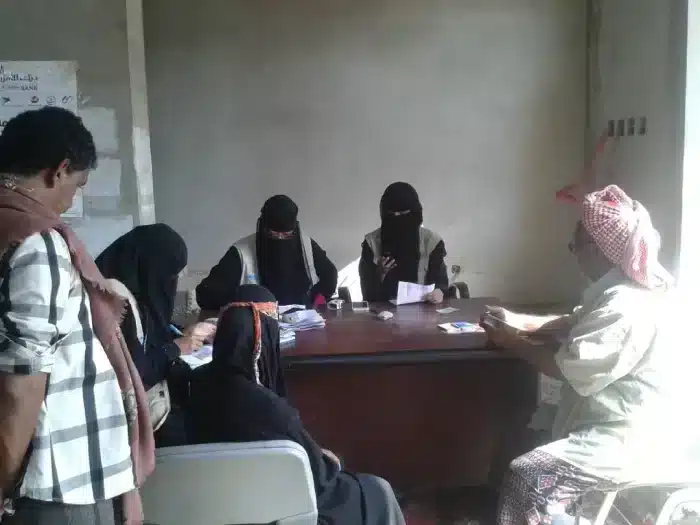

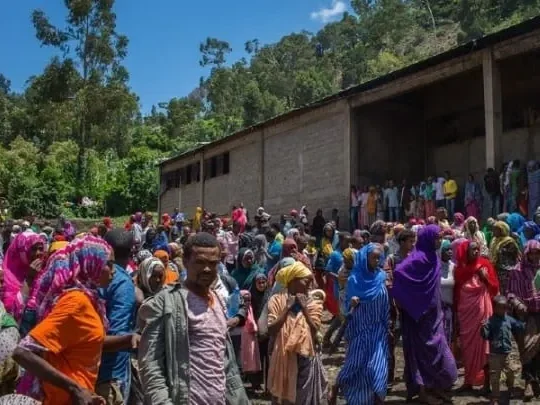
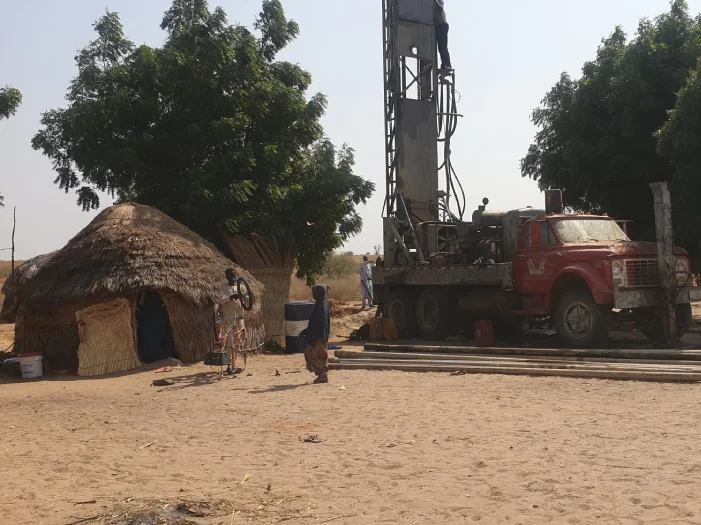


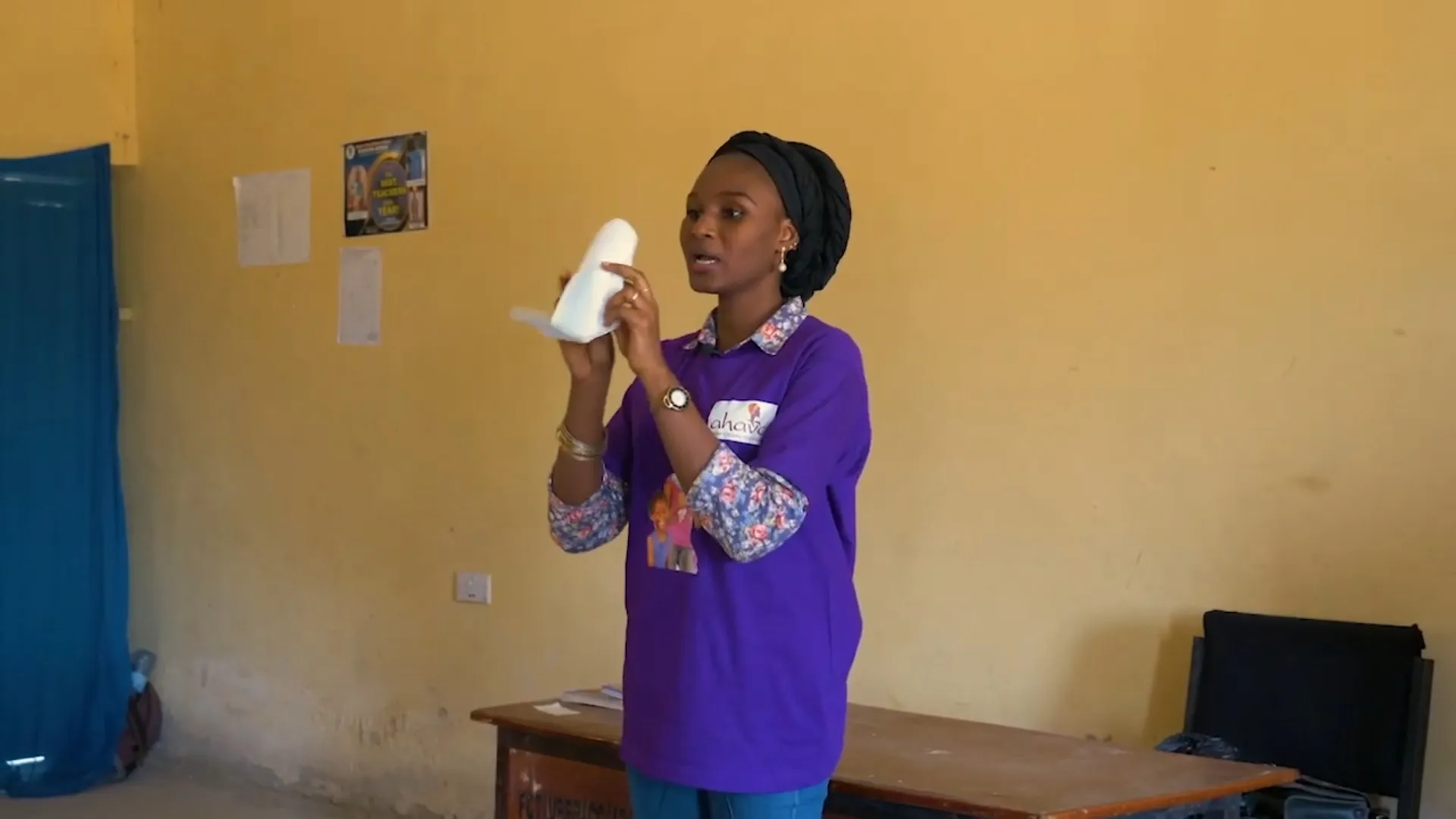

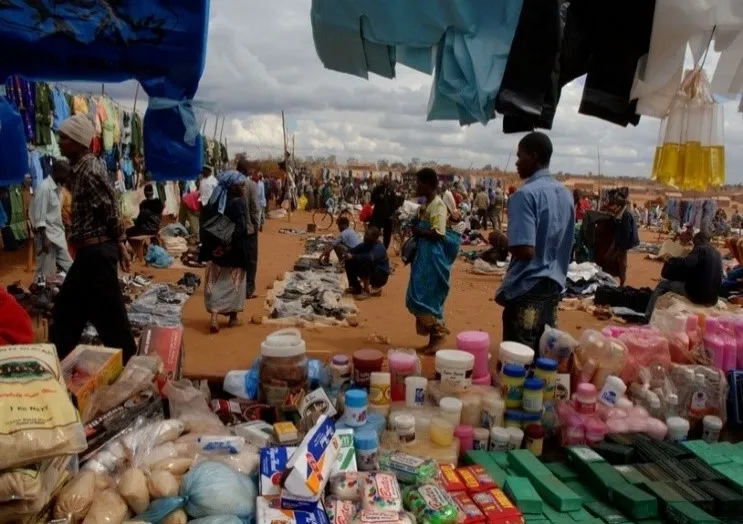
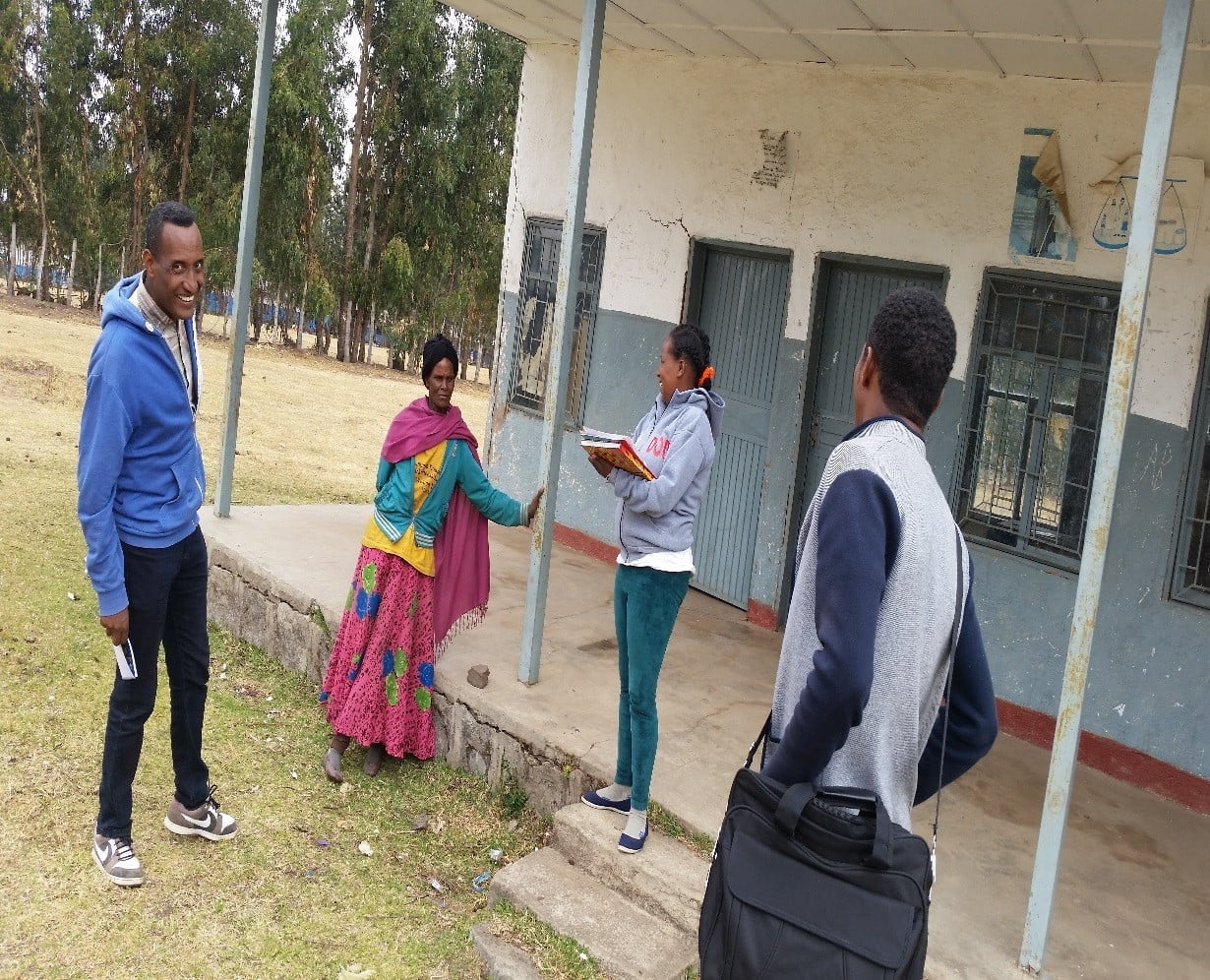

Leave a Reply